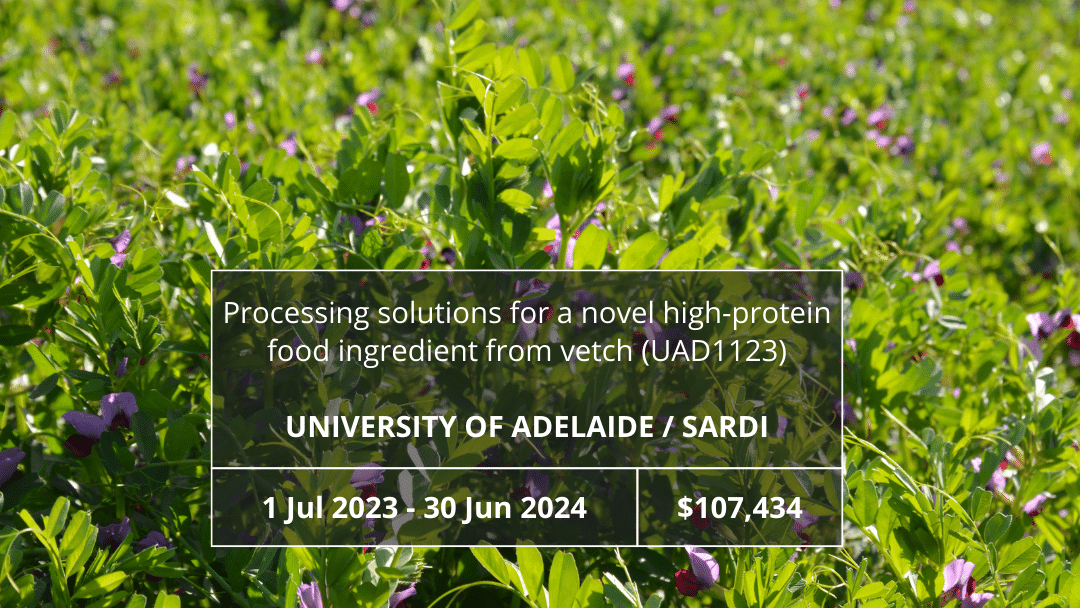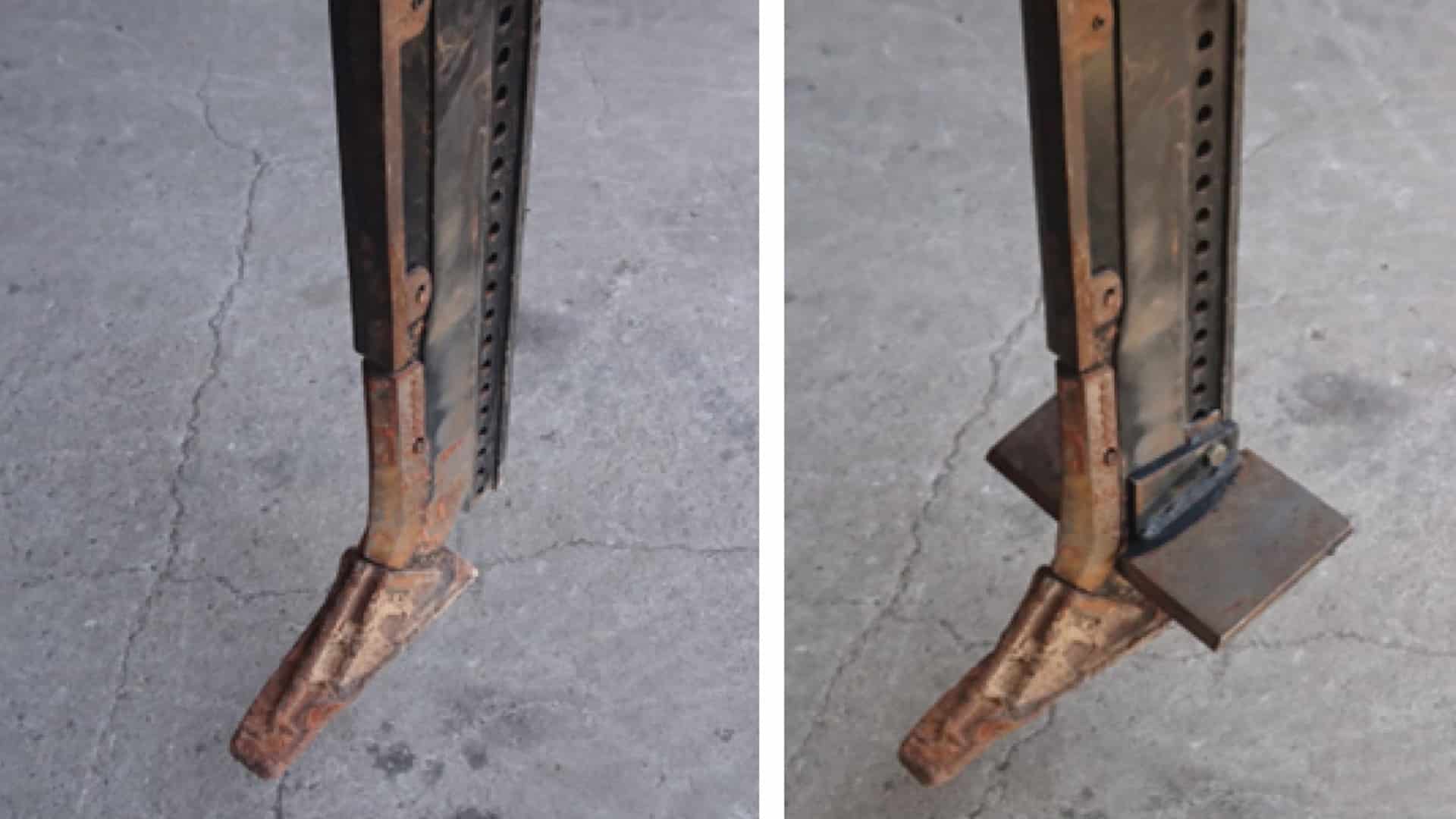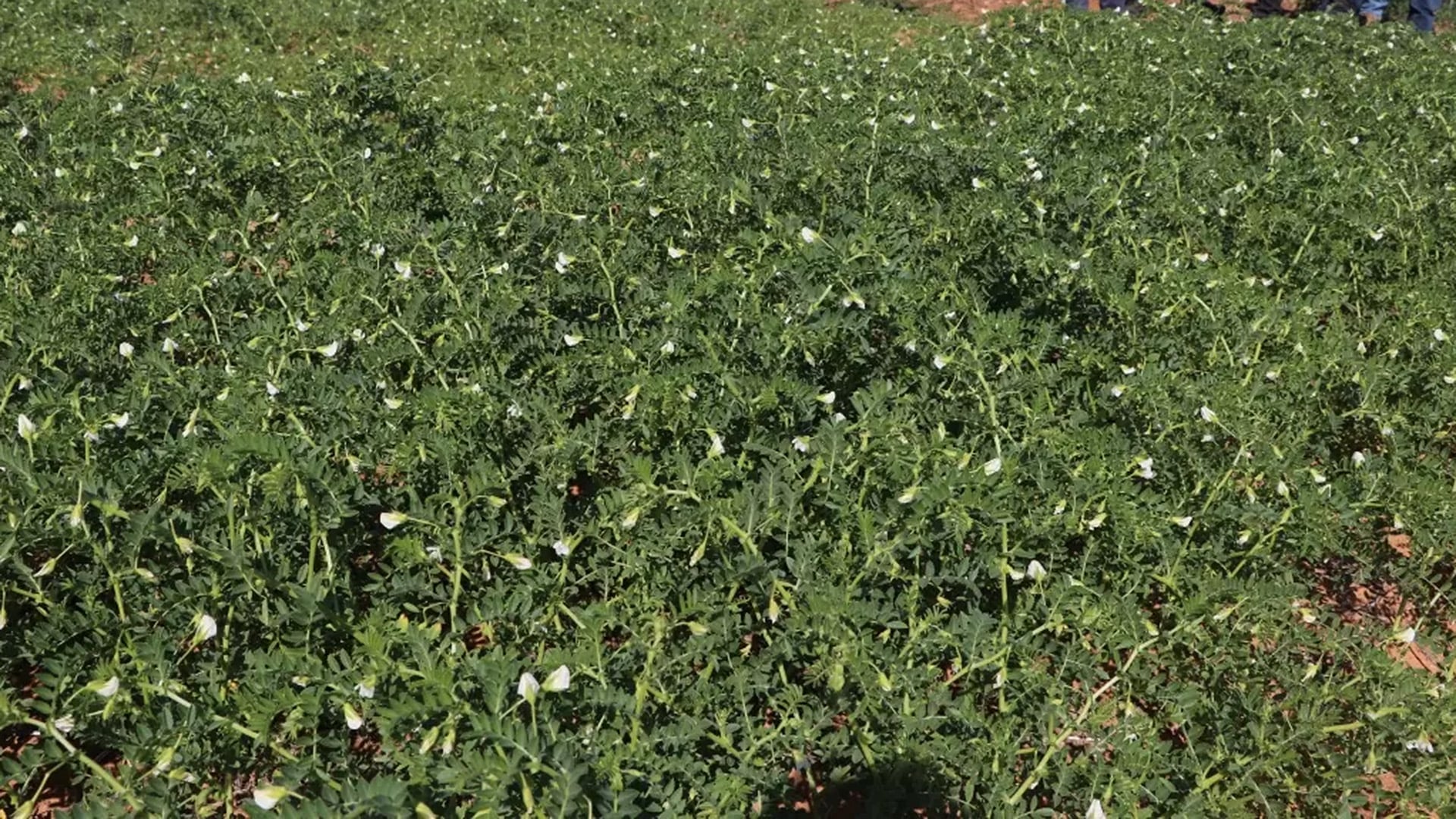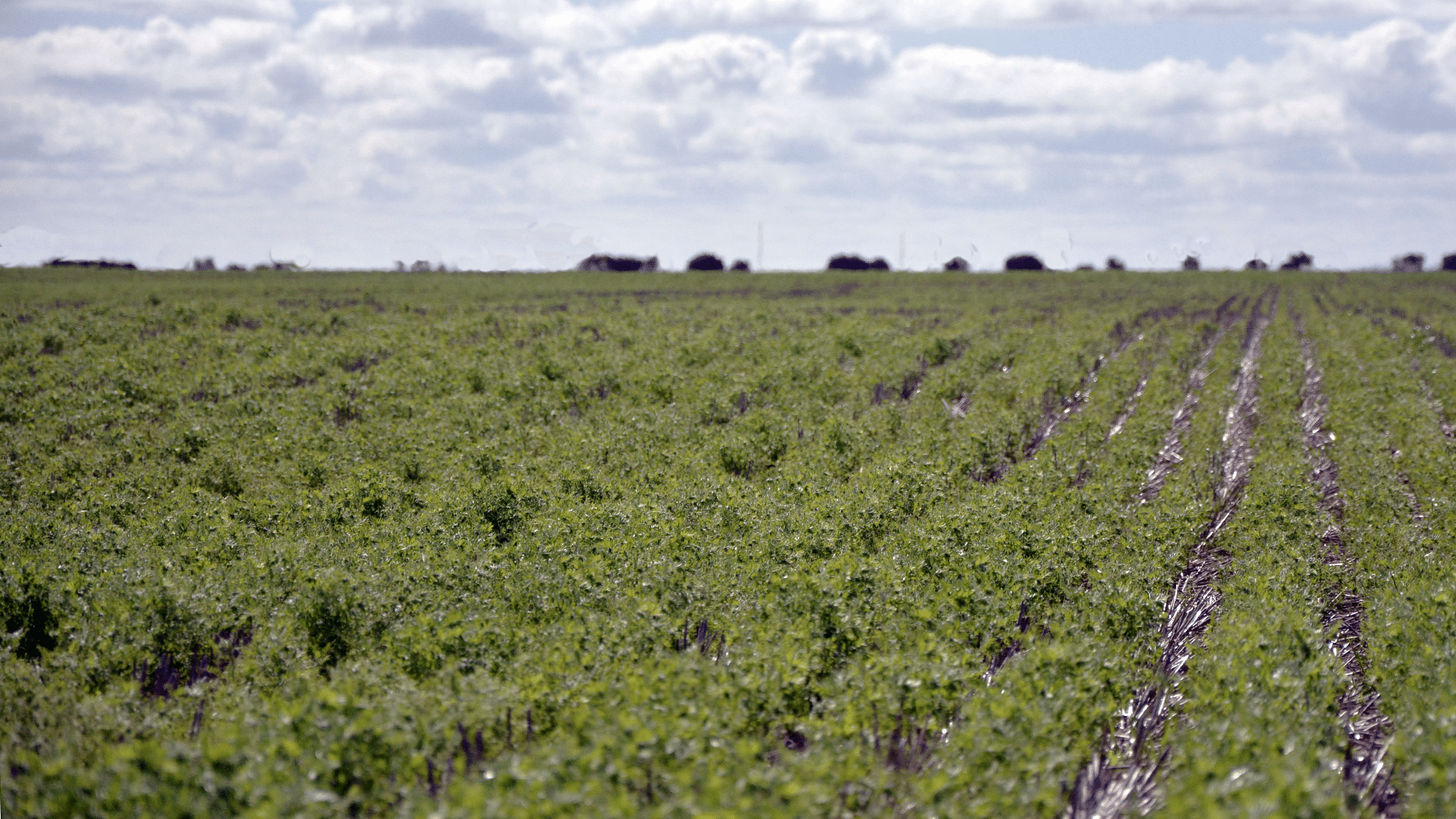START
FINISH

Summary
Researchers have recently found a way to detoxify vetch via a steeping method. This project will be undertaken by SARDI researchers and aims to develop a low-cost, robust method for physical removal of the β-cyanoalanine toxin from common vetch, and capacity in quantitative analysis of toxin levels, towards including vetch as an alternative feedstock for plant protein production in SA. Investment in manufacturing for pulse protein fractionation in South Australia is expected to increase local demand for this under-utilised grain legume.
Project Participants
Janine Croser, University of Adelaide
The research
Researchers have recently found a way to detoxify vetch via a steeping method. This project will be undertaken by SARDI researchers and aims to develop a low-cost, robust method for physical removal of the β-cyanoalanine toxin from common vetch, and capacity in quantitative analysis of toxin levels, towards including vetch as an alternative feedstock for plant protein production in SA. Investment in manufacturing for pulse protein fractionation in South Australia is expected to increase local demand for this under-utilised grain legume.
Funding
$107,434
More information
Janine Croser
T: 0448 990 281
E: [email protected]



